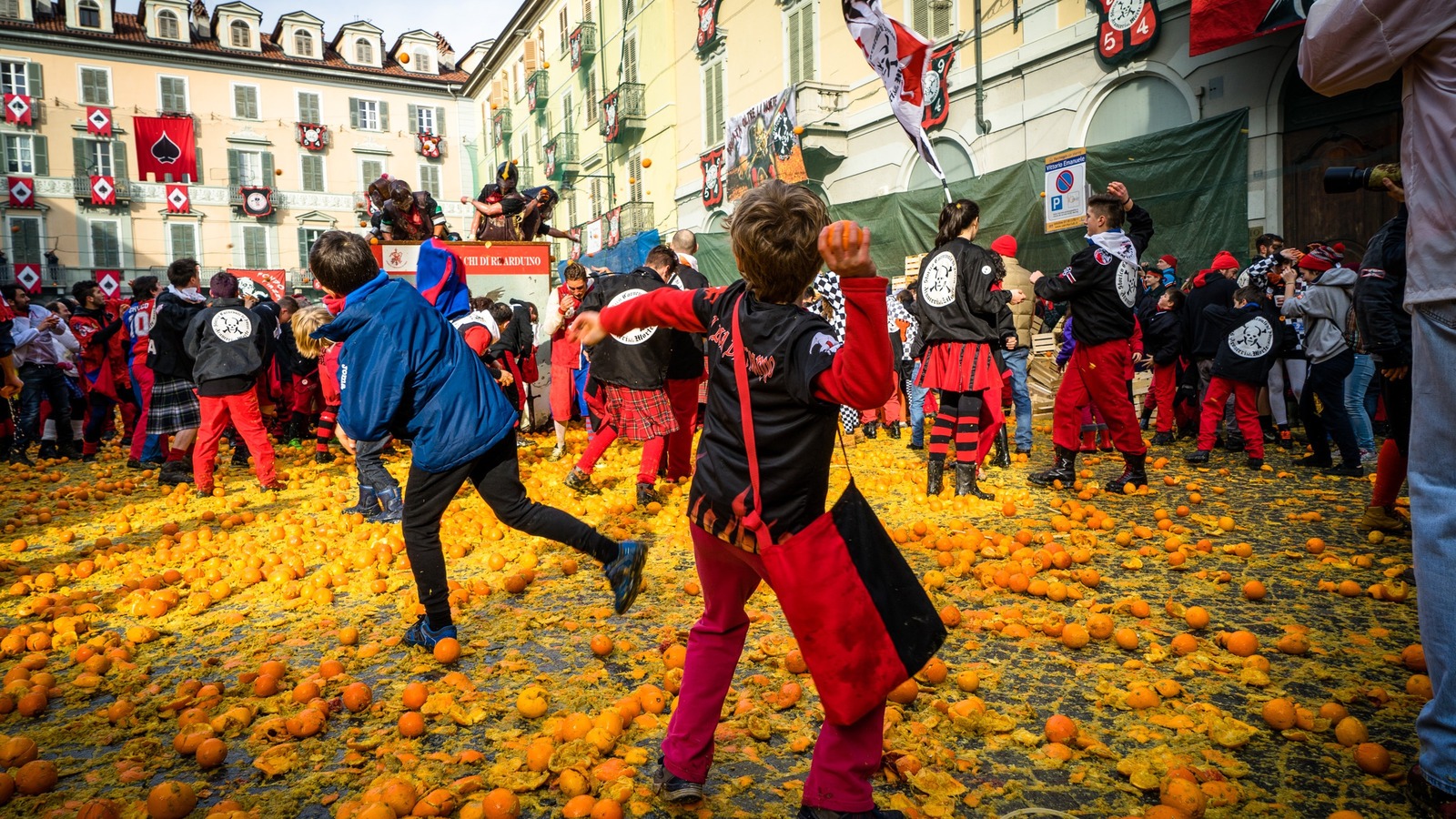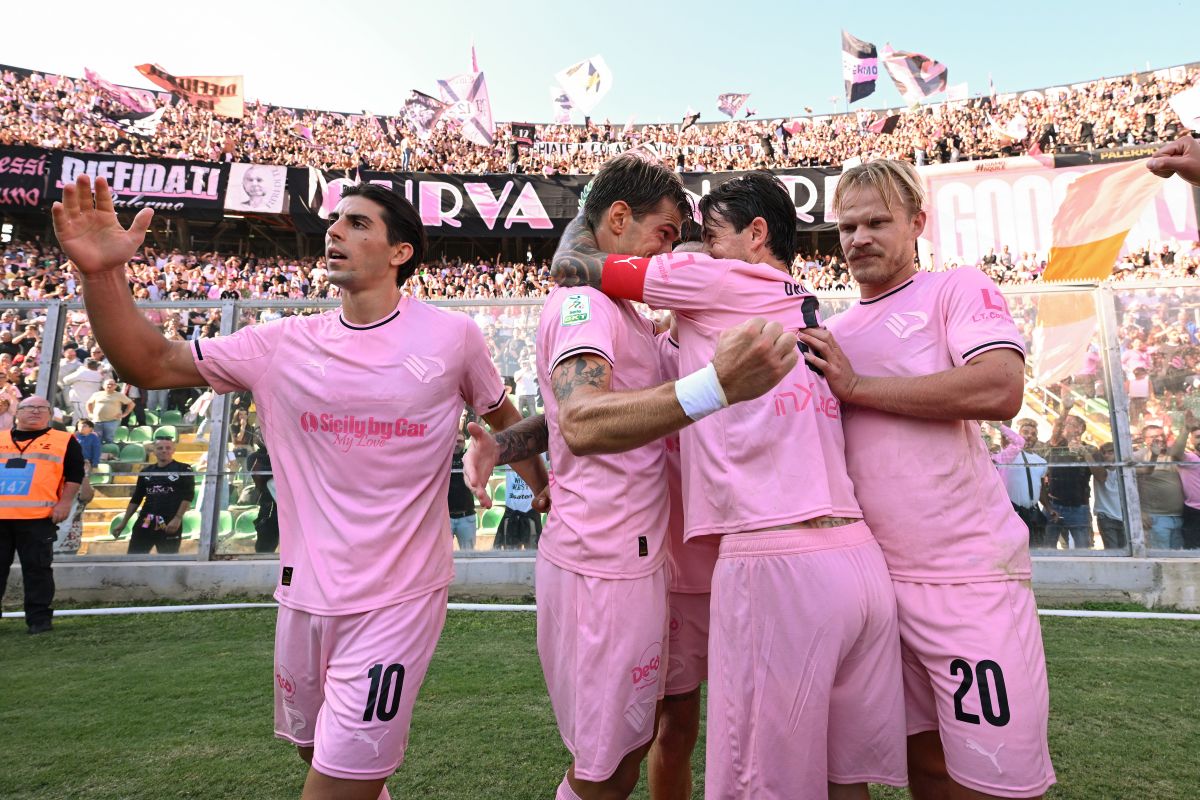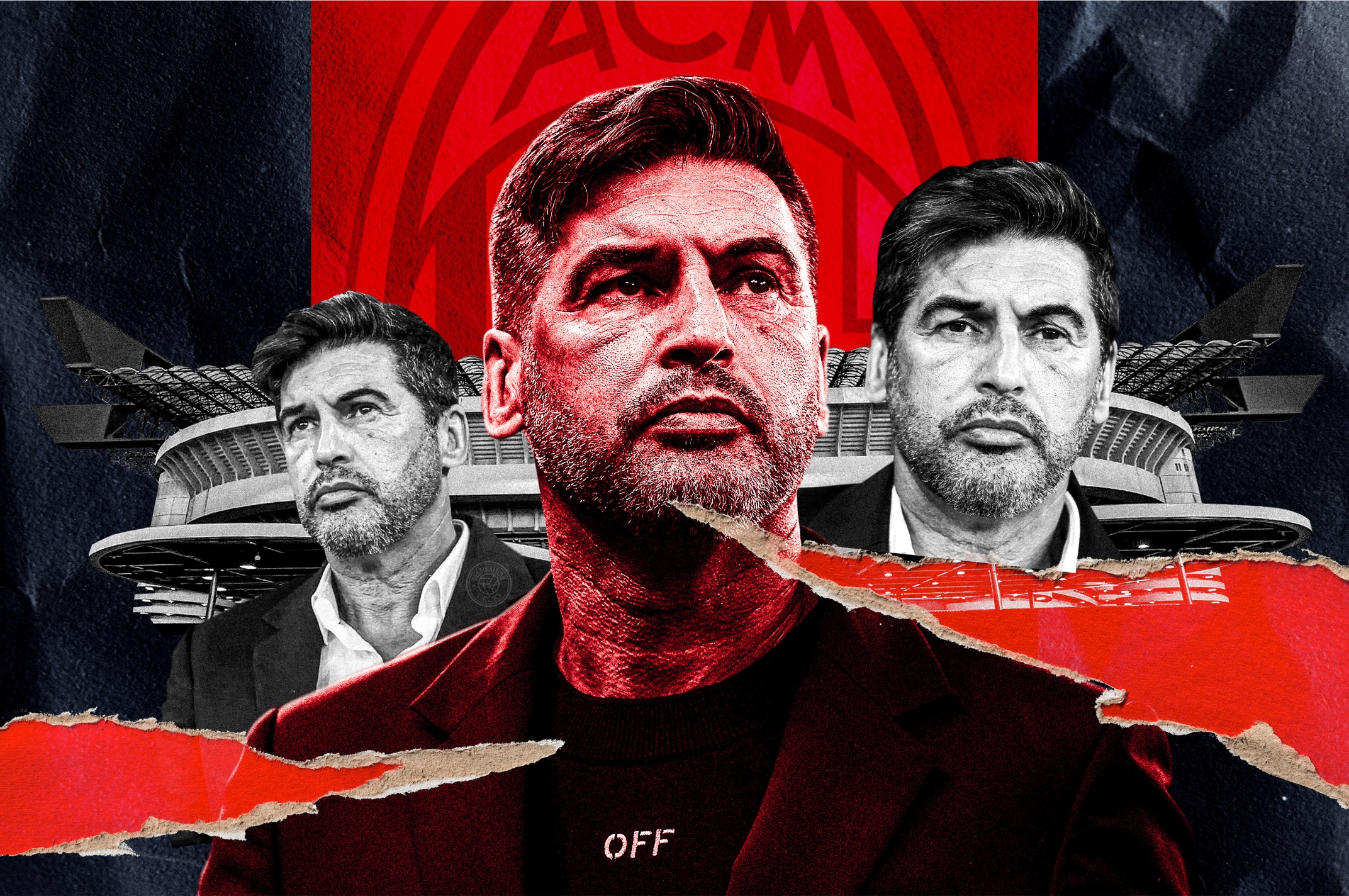
Paulo Fonseca Pays the Price for Milan’s Lack of Identity, but Rossoneri Woes Run Much Deeper
By Dan Cancian
Paulo Fonseca got to taste the panettone, but the champagne will remain in the fridge on New Year’s Eve.
AC Milan officially sacked the Portuguese on Monday, barely six months after he signed a three-year deal when he replaced Stefano Pioli in charge.
Fonseca will be replaced by fellow Portuguese Sergio Conceicao, who is expected to sign a six-month deal.
The former Lazio and Inter winger won 11 major trophies in seven seasons as Porto manager, before leaving the Portuguese giants at the end of last season.
“AC Milan announces that Paulo Fonseca has been relieved from his duties as Head Coach of the Men’s First Team,” the club said in a terse statement.
“The Club extends its gratitude to Paulo for his great professionalism and wishes him the very best in his future endeavours.
In one of the fashion capitals of the world, Fonseca always looked an odd fit for the Rossoneri.
The 51-year-old promised to bring attacking football at the San Siro, but there was only the odd glimpse of a clear plan during his tenure.
Too often, Milan looked caught in a tactical no man’s land, a disjointed side whose players seemed unsure as to what they had been asked to do.
And it showed. Milan were simultaneously a side capable of losing to newly-promoted Parma and drawing to Torino and Cagliari, while beating Inter Milan and Real Madrid.
The same team that struggled to beat Slovan Bratislava and Red Star Belgrade are also the first Milan team to have won four consecutive Champions League fixtures in two decades.
At times, Fonseca’s own confidence looked dented by the rollercoaster nature of Milan’s season.
“Our team is a rollercoaster,” he said two weeks ago.
“One day we’re on top, the next who knows? It’s incredible. The players need to understand that this can’t keep happening.”
The feeling is Fonseca did not quite get the best out of a squad containing France goalkeeper Mike Maignan and Spain captain Alvaro Morata, Christian Pulisic and the inconsistent but at times brilliant Rafael Leao.
Milan’s defence may be lacking in quality, but the midfield is anchored by the promising duo of Youssouf Fofana and Tijjani Reijnders.
There was a strange kind of circularity to Fonseca’s dismissal, as it came hours after a 1-1 draw with Roma – the side he managed in his first Serie A foray.
“It’s life,” Fonseca said in the post-match press conference on Sunday.
“My conscience is clear because I’ve done everything I could.”
The result left Milan eighth in Serie A, eight points off a Champions League spot, a chasm for a club whose tradition and history dictate expectations.
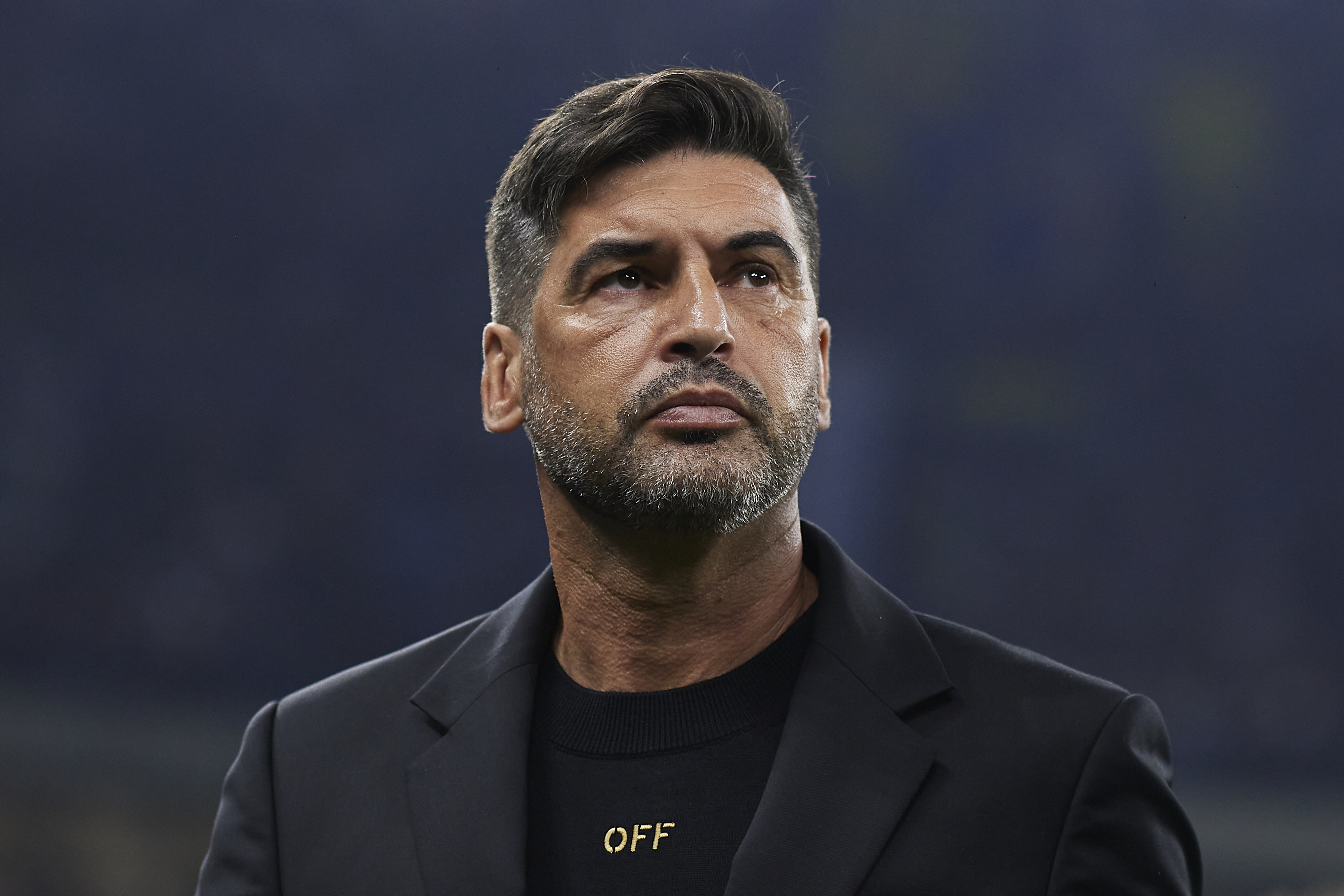
While the Rossoneri have a game in hand, league leaders Atalanta and Napoli are already 14 points ahead, with Inter 13 clear of their city rivals.
To put the figure into context, Milan finished second 19 points behind Inter last season before Pioli was sacked after five years in charge, which delivered a Scudetto in 2022.
If parting ways with Pioli felt a necessary choice to revive a team that appeared to be drifting, choosing Fonseca as his replacement was a curious choice.
The Portuguese finished fourth in Ligue 1 with Lille last season, a competent enough result but hardly stirring stuff.
During two seasons at Roma, Fonseca led the Giallorossi to fifth and seventh-place finishes, reaching the Europa League semi-final in 2021.
He won the Portuguese cup at Braga in 2016 and the Ukrainian title with Shakhtar Donetsk in the following three seasons.
Those achievements, however, are no cast-iron guarantee of success in a league as demanding as Serie A at a club as demanding as Milan.
It begs the question, then, as to why the Rossoneri turned to Fonseca in the summer when far better candidates, such as Antonio Conte, were available.
The answer to that particular query lies in Milan’s shift in ambition since Gerry Cardinale’s RedBird took over from Elliott Management in the weeks following the last Scudetto triumph.
Under RedBird, balance sheets have come to matter almost as much as success on the pitch, some would argue far more than that.
Milan posted marginal profits in the last two years, with 2023 being the first time the club had been in the black since 2006.
The focus on making the club self-sustainable has come alongside a tightening of the purse strings, with Milan yet to break the €20m (£16.5m) barrier on signings under the new ownership.
Milan’s apparent refusal to entertain the idea of bringing Conte to the club in the summer were telling of the club’s vision.
“Milan needs a coach, not a manager,” RedBird special advisor Zlatan Ibrahimovic said last June when asked why the club didn’t enter talks with the four-time Scudetto winner.
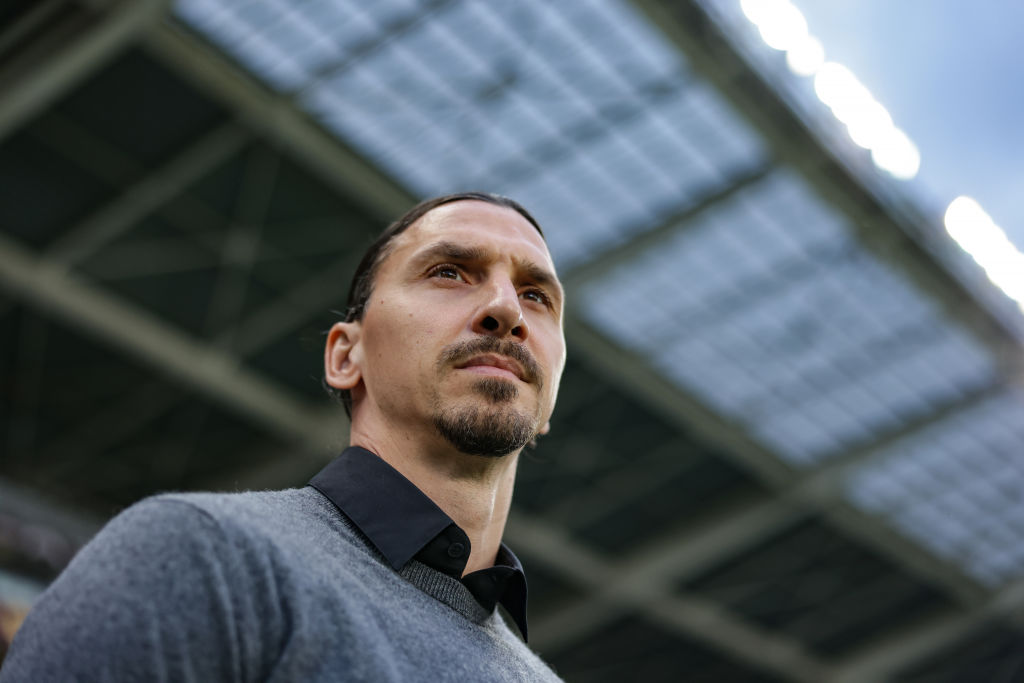
“We didn’t discuss Conte because with the criteria we had, he wasn’t what we were looking for, his name didn’t come up.”
The message in between the lines was clear. Milan wanted a yes man, as opposed to a firebrand like Conte, who would have demanded signings as he indeed did at Napoli.
Fast forward six months and Milan’s loss has been Napoli’s gain.
Watch more content on Serie A coaches on DCTV:
Related Articles
Related Articles
Football rivalries, world-class sport, surreal carnivals, and a tradition you won’t find anywhere else. Five events to catch in February.
In the latest edition of My Town, My Team, Napoli fan Alex told us why everybody should visit Naples at least once.
Sampdoria against Palermo at the Stadio Luigi Ferraris is just one of the standout matches to be shown live on Destination Calcio TV.


